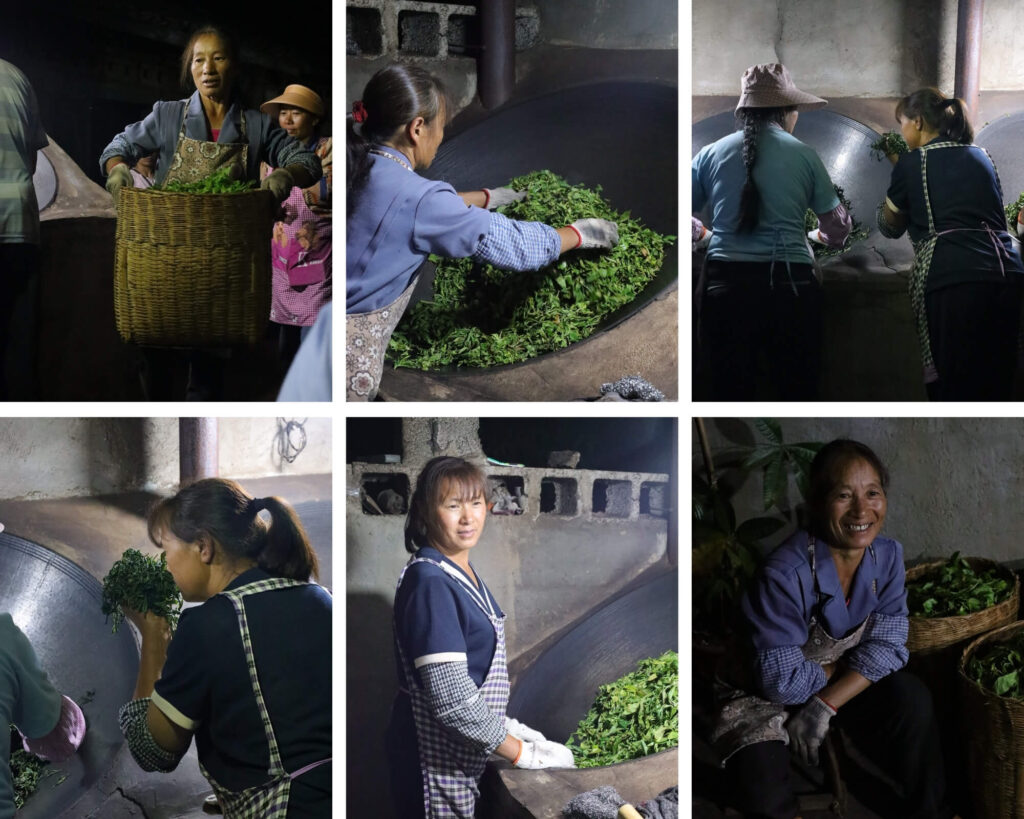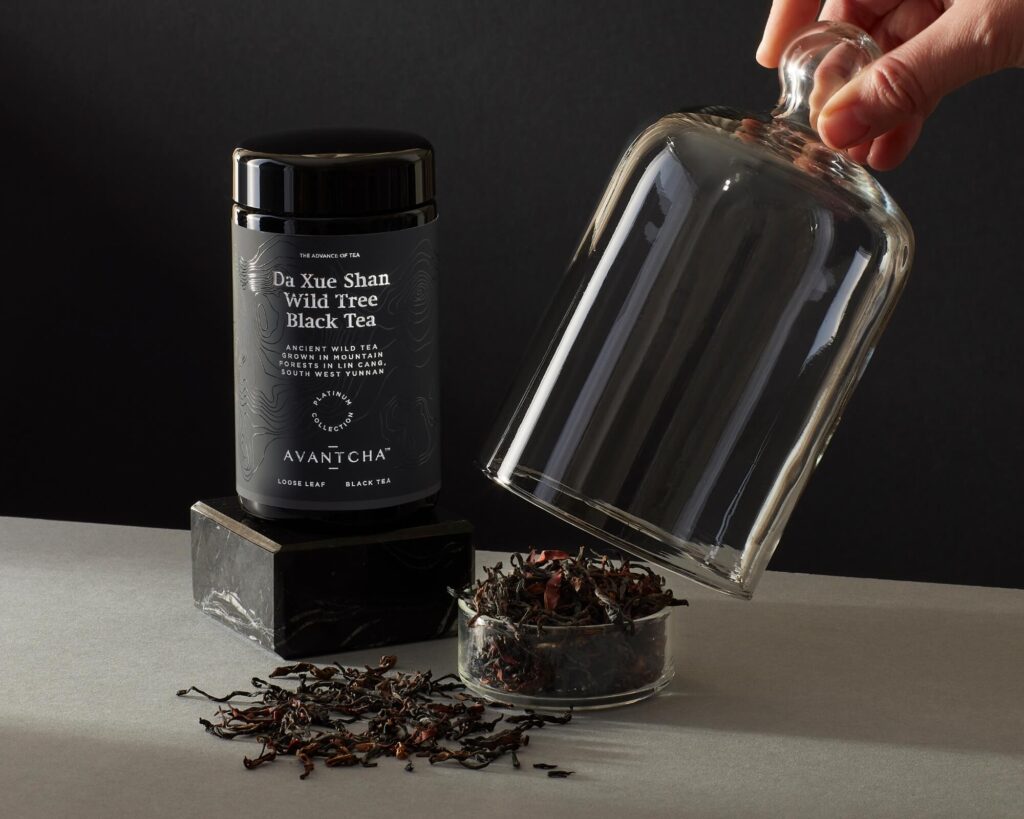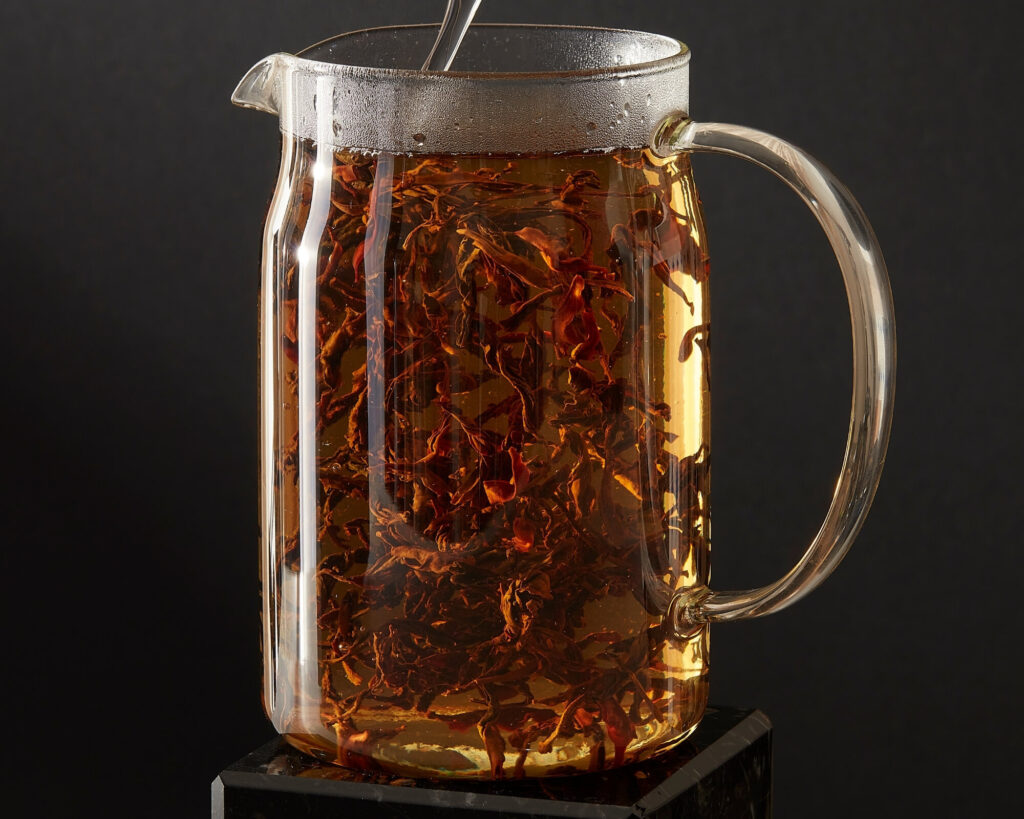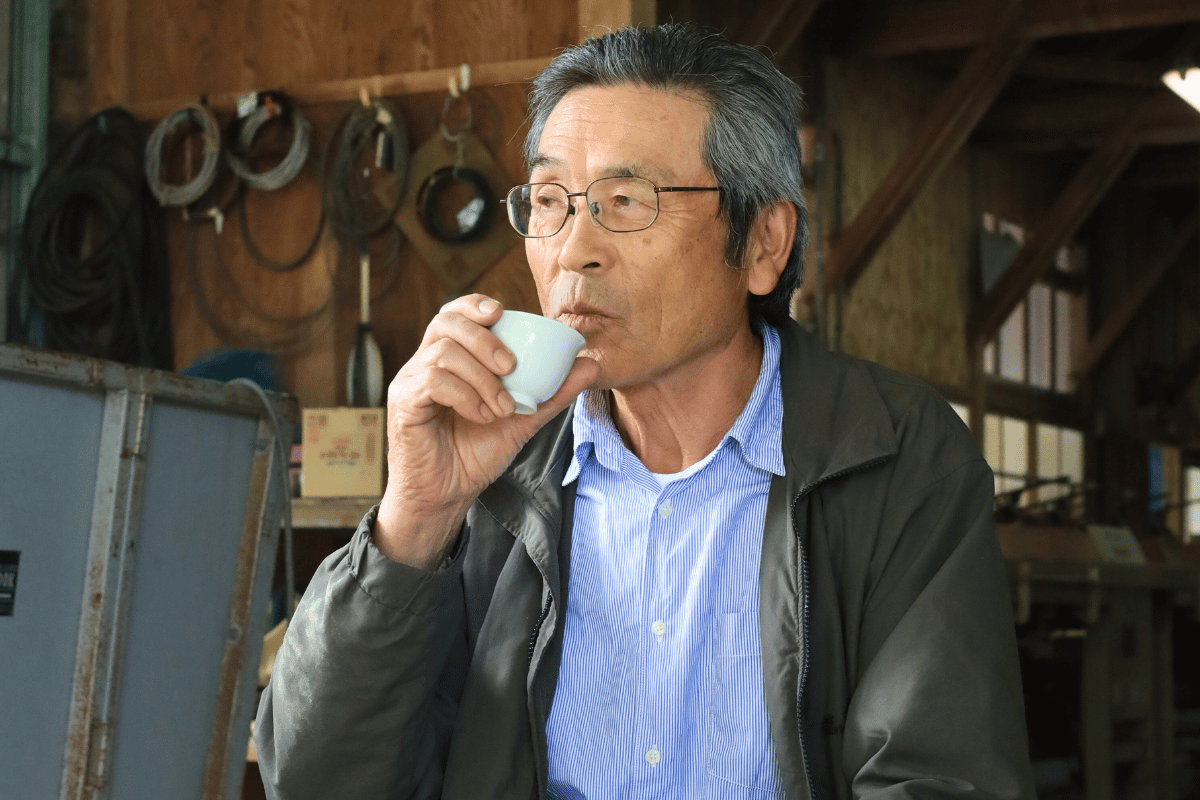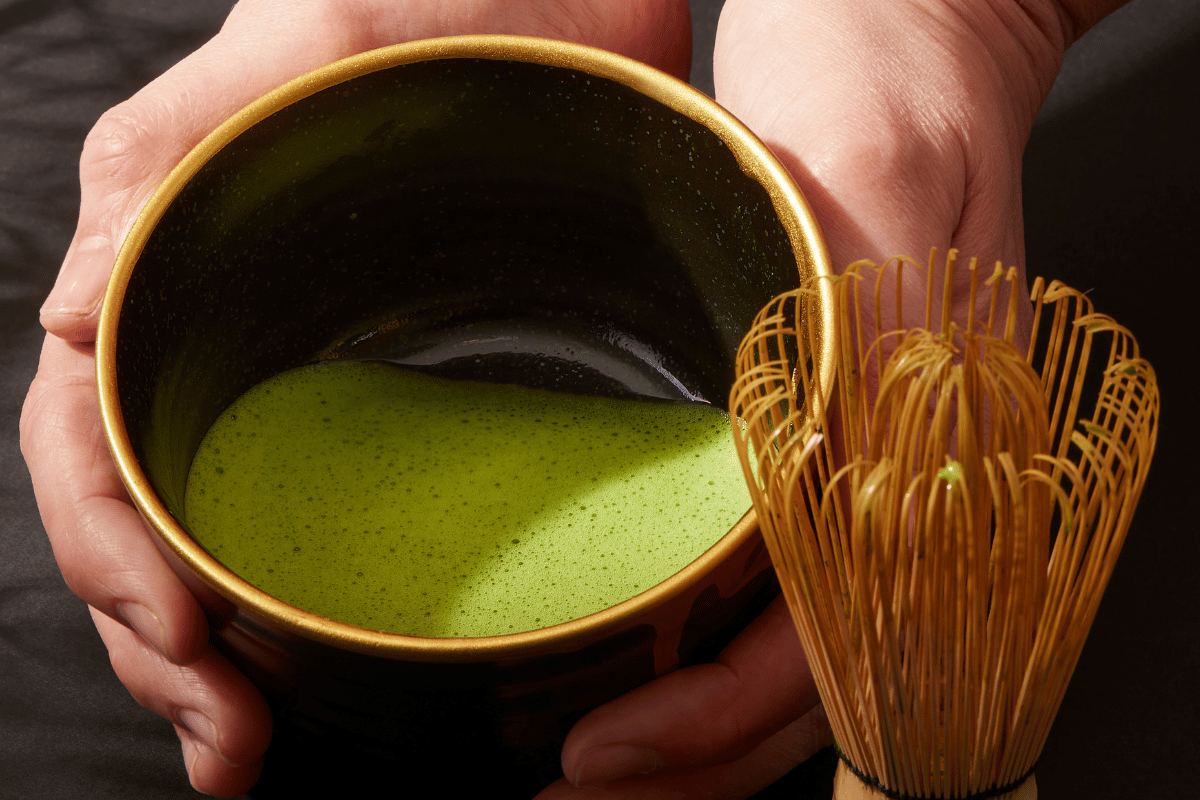On Top of Honeybee Mountain…
At the top of a mountain the locals call Honeybee Mountain we discovered one of the most extraordinary teas we’ve ever tasted: our Platinum Da Xue Shan Wild Tree Black Tea made not from farmed rows of tea bushes, but from ancient, wild tea trees in the forests of China at over 2,000 metres above sea level.
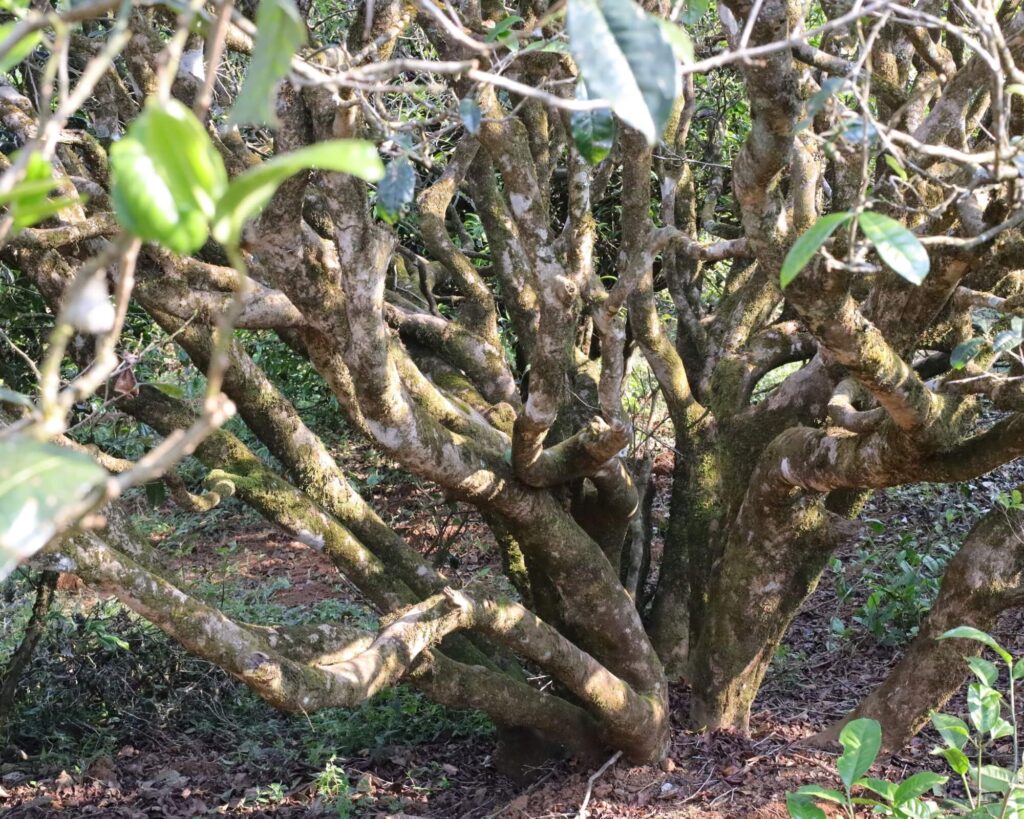
The Tang family have been harvesting these trees for generations… so long, in fact, that even Dr Tang, the village doctor and guardian of this land, can’t say exactly when his family began producing tea here. Here in Lin Cang, South-West Yunnan, he manages around 70 hectares of biodiverse mountaintop scattered with these rare trees. Some of them are so tall they must be climbed; others grow in hidden gullies only known to the local pickers.
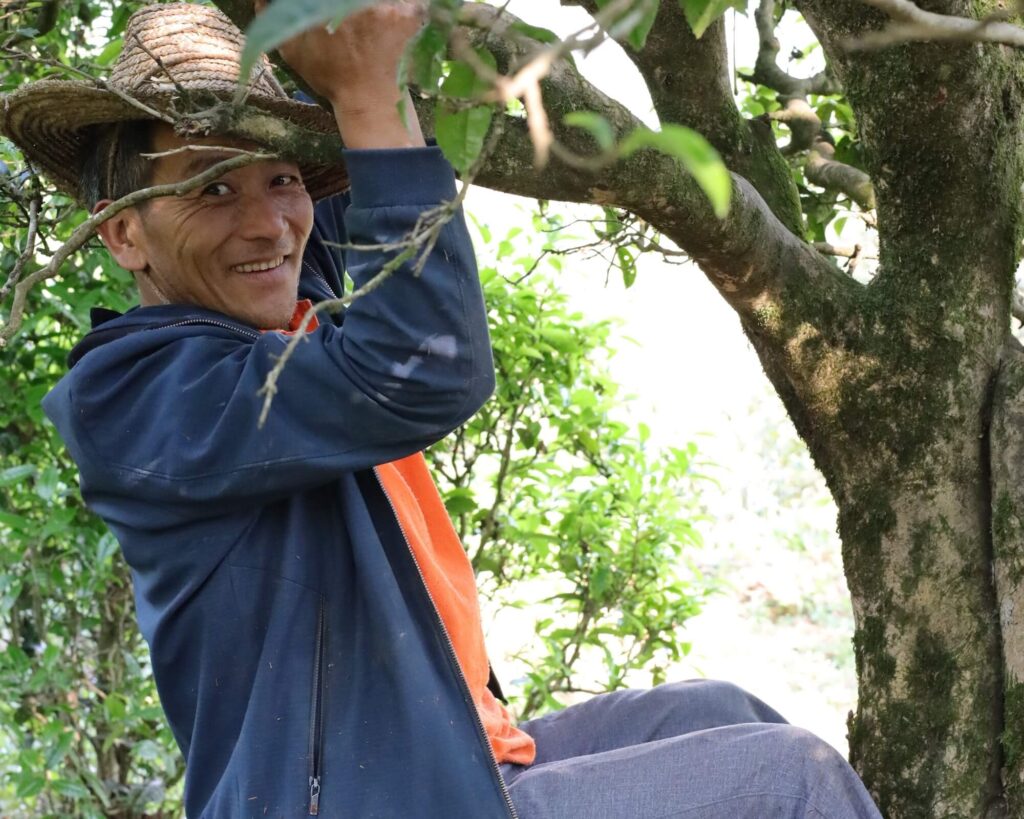
These aren’t the cultivated Camellia sinensis tea bushes most are familiar with, but the rare Camellia taliensis—a wild cousin that grows in more rugged terrain, with larger, hardier leaves and a deeper flavour profile. While many teas called “wild” are not truly so, these trees are the real thing: untamed and genetically distinct, growing freely in an ancient mountain ecology.
Dr Tang explained that the trees respond to being picked when they are ready. They are not farmed in the traditional sense i.e. no pruning for yield, no forcing growth. They are given time to rest, and in return, they continue to give. This respectful, almost symbiotic relationship between farmer and tree results in a tea of profound complexity and energy.
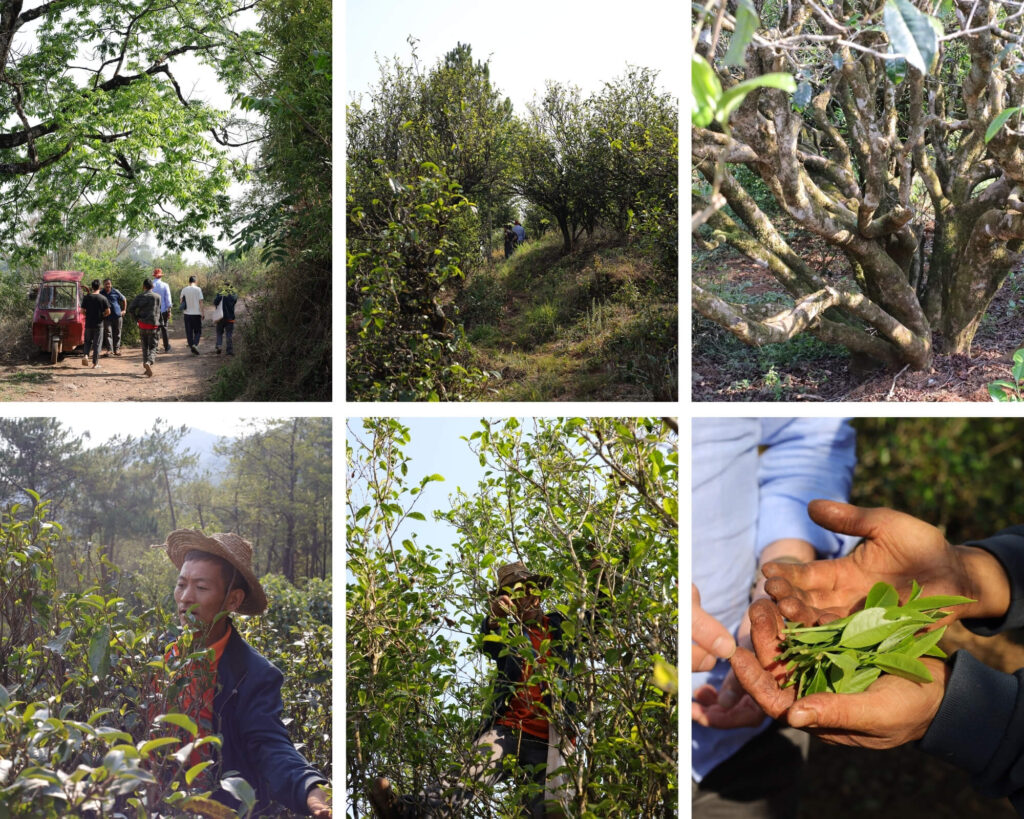
We spent the afternoon in the forest, tracing tea’s path. Along the way we tasted wild strawberries, crushed fresh peppercorns between our fingers that were also being harvested by Tang’s nephews, and caught the herbal scent of roots and leaves used both for healing and for flavour. It became clear: the tea wasn’t just from the mountain. It was the mountain.
We passed the peppercorn trees, golden wheat, and pickers riding up in rattling vans. This was the ecosystem of the tea. Not just leaves but the forest, the altitude, the weather, the goats and birdsong, and soil and scent. When we finally sipped the tea again later, we could taste it all: the strawberries, the peppercorns, even the pine.
We stopped among the tall trees, Tang picking a leaf and folding it into our palms—Camellia taliensis—wild, thick-veined, fragrant with a jasmine-oil note that grew stronger with the warmth of our hands. He climbed the taller, older trees, grinned wildly, swung from branches, and coaxed everyone to feel the joy in it. We photographed what we could, but so many moments slipped past undocumented, too alive to capture.
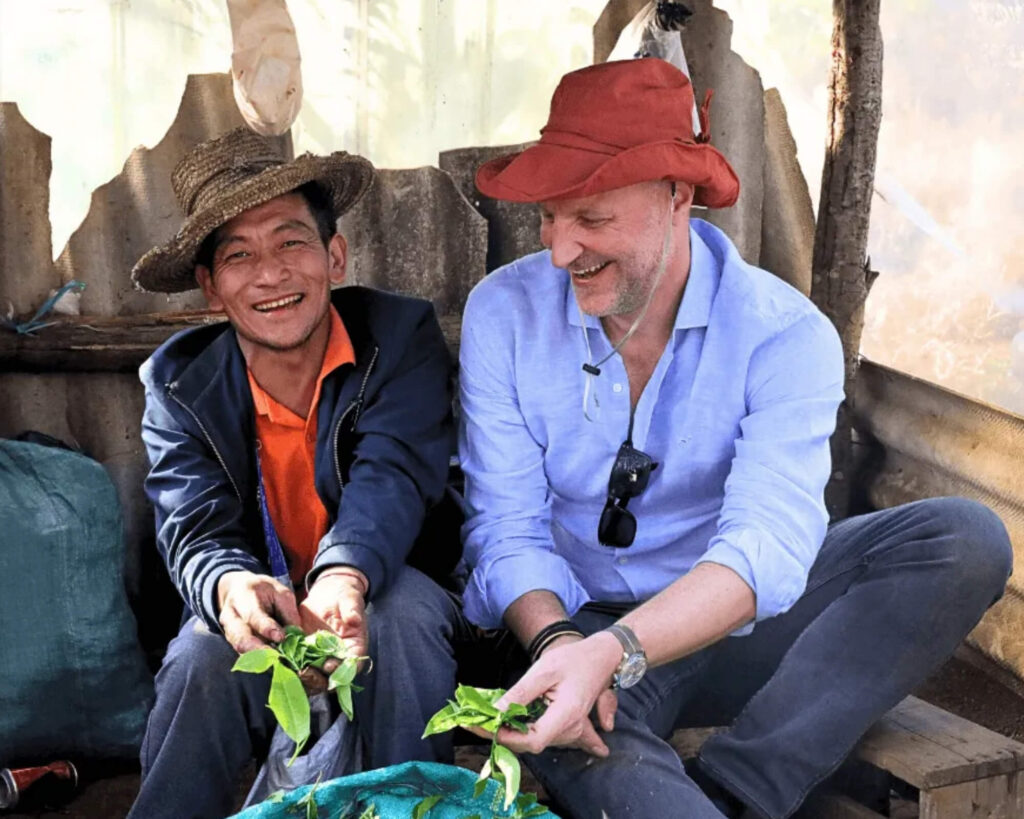
The processing happens nearby, back at Tang’s home which incorporates a small-scale, fire and log fuelled factory. In the upper rafters of the space, we watched as leaves dried over slatted floors, gently and naturally in diffused sunlight, just as they have for generations. Below, women sifted, sorted, smiling… one tossing leaves in bamboo trays with expert rhythm, another weighing and packing with serene concentration. Their aprons bore cuddly bears, a sweet detail amid such age-old work.
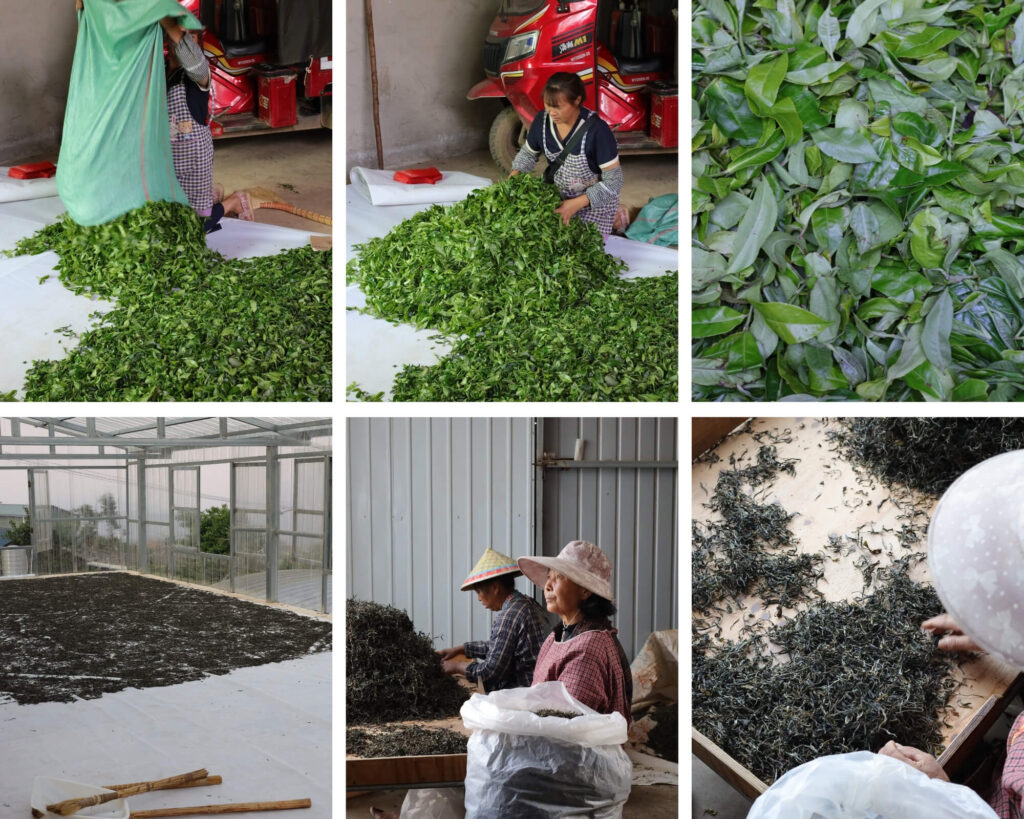
That evening, we sat with the family and farmers for a meal of wild goat, mountain vegetables, and their own cured ham – a celebration for all at the end of the season, many of the workers here venturing in from neighbouring Myanmar every year.
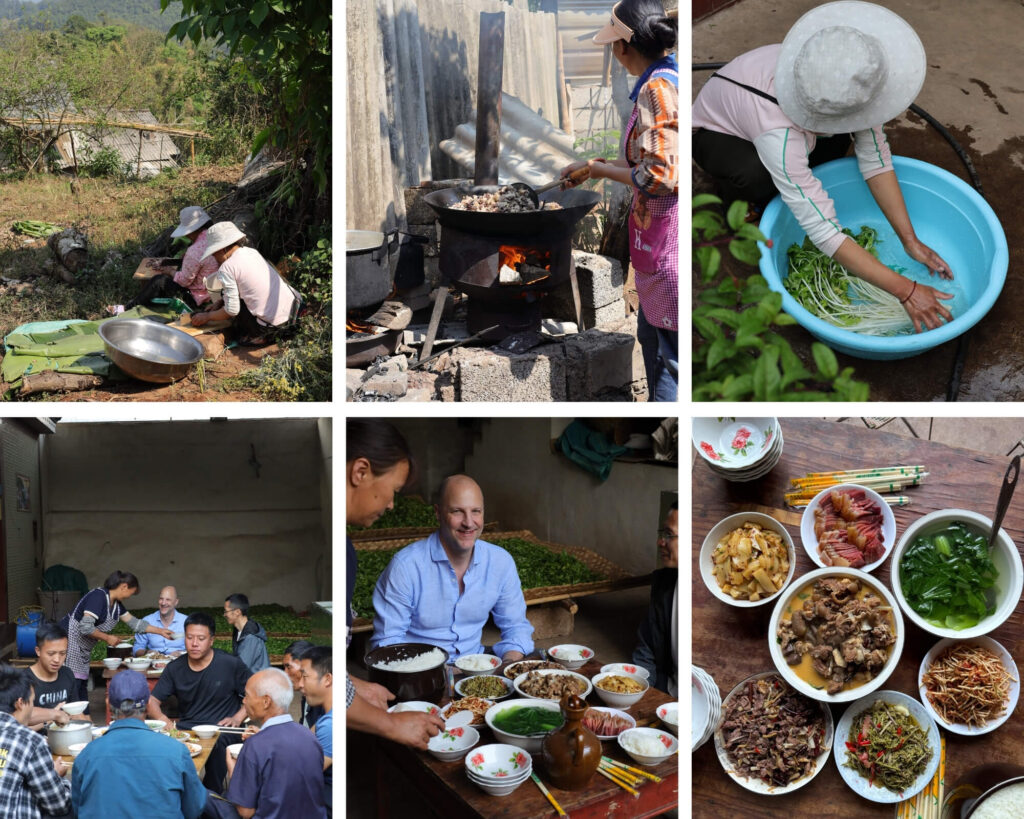
After the yard had been swept, we gathered again for drinking the tea, lingering as its layers unfolded. First woodsy and herbaceous, then blooming into notes of wild grape and warm bark, and finally returning to an unforgettable fruit finish reminiscent of wild grape and apple. It’s a tea that gives energy and comfort in equal measure. Too much can leave you feeling ‘tea drunk’ – flushed, exhilarated, and deeply relaxed. It’s a known effect of wild tea, especially this kind, which encourages blood flow and contains a powerful mix of antioxidants and amino acids.
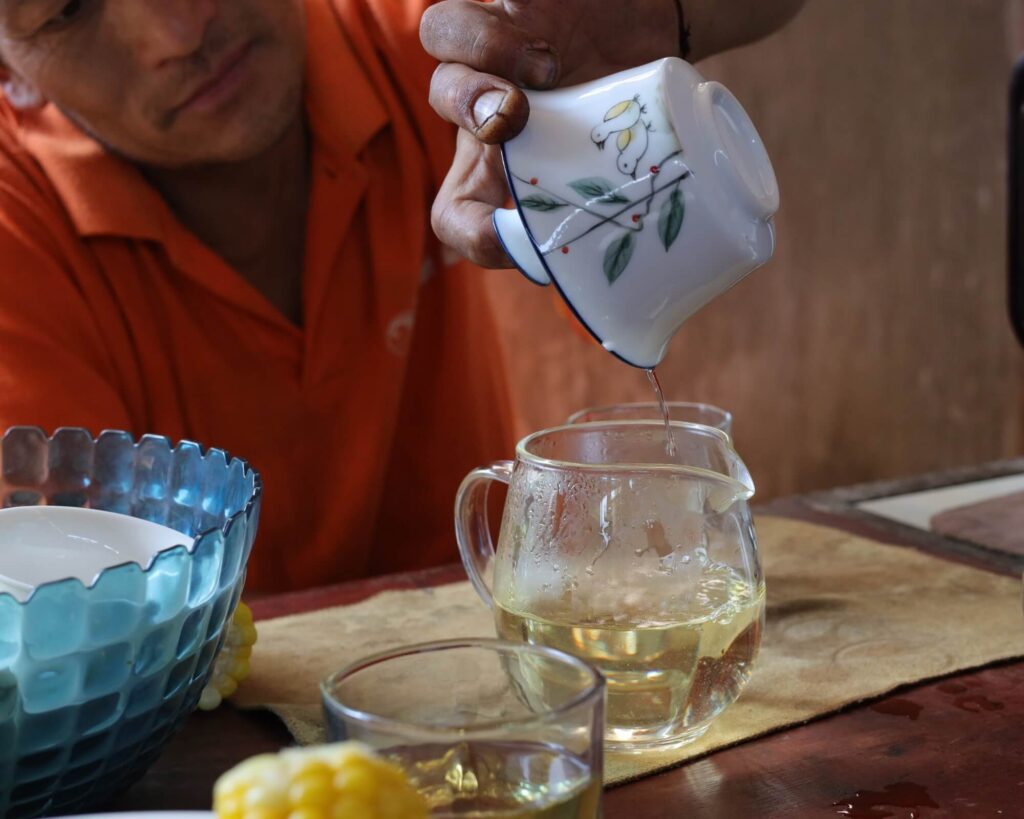
After the day’s harvest, the large leaves are slow-withered, then pan-fried over burning firewood in wide metal basins by hand: a practice that requires deep skill and constant movement to avoid scorching. The result is a black tea with uncommon purity and character.
In Yunnan, the word “wild” is often used loosely. But this tea is wild in the truest sense, made from old trees, and careful hands. It is part of the forest, not a product of a factory. Don’t miss the opportunity to try it.
Shop Platinum Da Xue Shan Wild Tree Black Tea >
